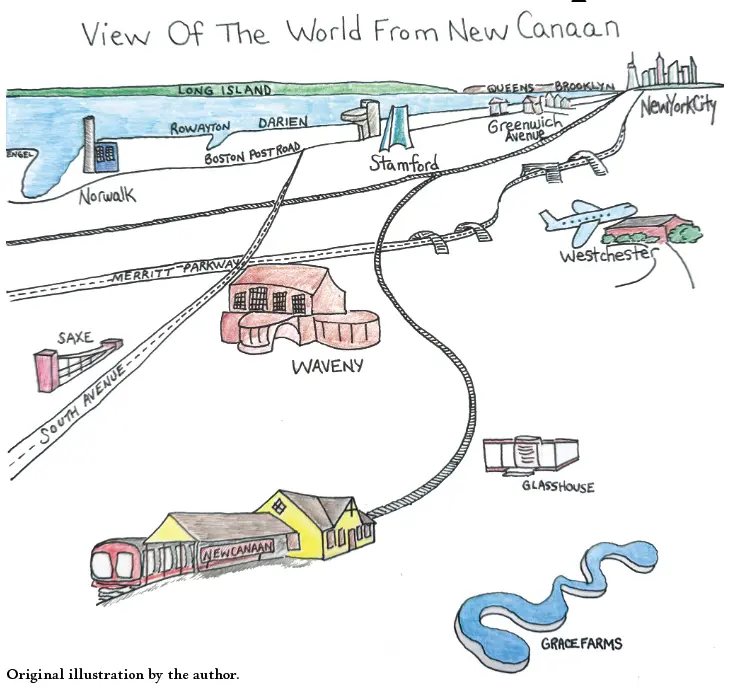By Sarah Dugal
As someone who works closely with youth, it’s easy to get pulled into the downward-spiraling dialogue of all that is causing them harm, from screens to substances. Let’s be clear: worry is warranted when researchers are observing rates of anxiety & depression amongst students in high-achieving schools, like New Canaan, that are six to seven times the national average (Luthar, Kumar & Zillmer, 2020). Here’s the good news: researchers are also starting to identify what helps. And, surprise! It’s YOU.
Lisa Damour, PhD, a clinical psychologist specializing in teens and senior adviser to the Schubert Center for Child Studies at Case Western Reserve University, believes – along with many of her colleagues – that, “the single most powerful force for adolescent mental health is strong relationships with caring adults.” (Weir, K. 2025)
Yes, parents are a life-line for their kids, and that doesn’t change during adolescence, despite their short answers to your questions about their day. While deep conversations and long hugs might be sparse, experts like Damour emphasize the importance of parents who remain present & available, and perhaps open to bonding over something like watching The Summer I Turned Pretty together. However, research indicates that highly connected teens – those with Supportive Non-Parental Adults (SNPAs) in their lives, too – are at the greatest advantage.
Did you know that adolescents with the benefit of relationships with multiple SNPAs – whether teachers, coaches, faith leaders, neighbors or extended family – experience higher levels of confidence, more academic success, and a greater ability to bounce-back from life’s challenges? (American Journal of Community Psychology, Vol. 48, No. 3–4, 2011). I get it; the packs of students you see roving up and down Elm Street with their Strawberry Refreshers can look intimidating. But if we are serious about doing something to turn the tide on youth mental, social & emotional well-being, we must be open to the possibility that we – not something or someone else – are the solution.
All this begs the question: what does a Supportive Non-Parental Adult (SNPA) look like? Several British researchers across the pond developed the acronym ‘On TAP’ to help summarise key elements of trusted adult support, which they identify as: “Trustworthy, Time-generous. Accessible, Approachable, Attentive, Authentic, Available Adult. Provides Persuasive, Protective, Positive example, and Promotes Positive development.” (Pringle et al., 2019, p. 39). Other studies point to an adult’s ability to be empathic, non-judgemental and an active listener (Lester et al., 2020).
Everyone seems to agree that adults who can make this kind of positive impact are those 1) who show up, 2) are curious and 3) encourage. We can do that, can’t we?
So, where do we go from here? First and foremost, what would it look like to re-evaluate our resources and recognize that the most precious thing we have to give is our presence? We are so lucky to live in a town bursting at the seams with youth programming, from lacrosse to church school: how could you, as a caring adult, get involved? In order for youth to be connected to supportive adults in their community, supportive adults in their community have to be connected to them.
Secondly, what would it look like to financially support organizations that are equipping and enabling more compassionate mentors to show up in the lives of students? Whether it’s Young Life, the Boys & Girls Club, Live Girl, or another initiative of your choosing, let’s invest in what we know moves in the needle in incredible ways.
Connection is powerful. Your presence is powerful. Let’s use our power for good.
Sarah Dugal serves as the Area Director for Young Life in New Canaan. Young Life is a global, ecumenical non-profit that exists to reinforce that adolescents matter through relational youth ministry, create approachable spaces for students to explore faith, and model servant leadership in local communities. To learn more, visit NewCanaanYoungLife.Org.



